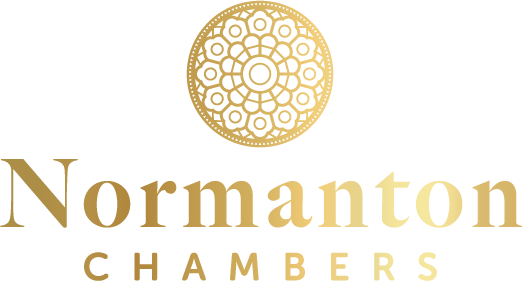Conciliation
Conciliation is the process whereby a neutral, independent third party, the Conciliator, is appointed to assist parties involved in a dispute to identify the issues, consider all the variables and reach a fair settlement. Conciliation is viewed as more of a preventative approach in which the conciliator provides expert advice and offers suggestions to encourage the parties to reach an agreement, rather than imposing a binding decision upon the parties.
While there are many parallels to be drawn between conciliation and mediation, there are also key differences. Whereas mediation can take place at any stage once a dispute has arisen, even after the initiation of legal proceedings, conciliation, typically is used as soon as a dispute occurs, and can be used as a critical method to prevent a disagreement from escalating and developing into a far more challenging, time consuming and perhaps costly dispute. Whereas a mediator’s task is to facilitate the disputants to arrive at their own settlement, a conciliator is usually more practical, offering their expert opinions on each party’s desired outcomes and suggesting proposals for settlement. Ultimately, however, it is for the parties to decide whether or not they wish to accept the conciliator’s proposals.
Conciliation has the following advantages:
- Preventative method of resolving disputes to avoid/minimise escalation
- Enables business relations to be maintained
- Less formal than engaging in the litigation process
- More efficient and cost effective than litigation if successful
- Provides flexibility for the parties
- Complete confidentiality
Members specialising in this area:
Please contact the clerks for further information on
clerks@normantonchambers.com
or by telephone at 0300 0300 218
